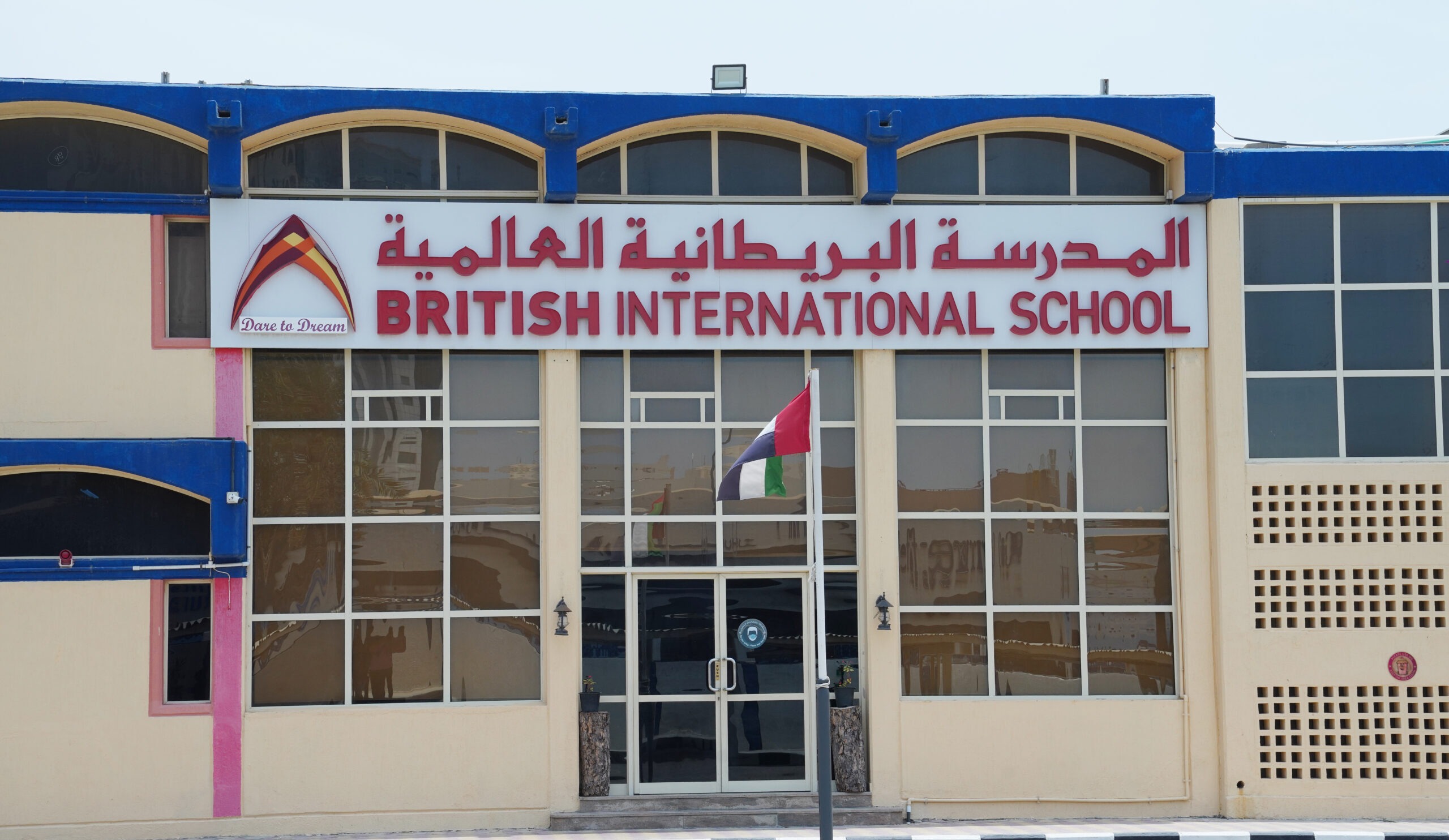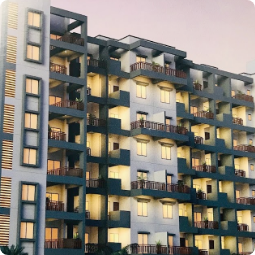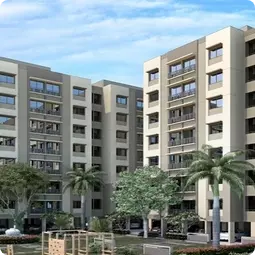The British International School, Ajman follows a structured grading system aligned with the British Curriculum. This system ensures that students' academic performance is assessed fairly and consistently, helping them understand their progress across various subjects. Below is an overview of the grading system:
|
Level
|
Grades
|
|
Early Years (EYFS)
|
FS1, FS2
|
|
Key Stage 1
|
Year 1, Year 2
|
|
Key Stage 2
|
Year 3, Year 4, Year 5, Year 6
|
|
Key Stage 3
|
Year 7, Year 8, Year 9
|
|
Key Stage 4
|
Year 10, Year 11 (IGCSE)
|
|
Sixth Form
|
Year 12, Year 13 (A-Level)
|
The British International School, Ajman, follows the British Curriculum, widely recognised for its structured approach to education and emphasis on holistic development. The curriculum is divided into several key stages, each designed to cater to the academic and developmental needs of students as they progress through their school years. Here's a more detailed breakdown of each stage and its syllabus:
Early Years Foundation Stage (EYFS) – FS1 and FS2
The EYFS nurtures young learners through a play-based curriculum promoting exploration and discovery. At this stage, students are introduced to the fundamental building blocks of learning in a creative and supportive environment. The goal is to develop both academic and social skills in young children. The curriculum covers:
|
Physical Development
|
Personal, Social, and Emotional Development
|
|
Communication and Language
|
Literacy
|
|
Mathematics
|
Understanding the World
|
|
Expressive Arts and Design
|
|
Key Stage 1 – Year 1 to Year 2
At Key Stage 1, the curriculum begins introducing more structured academic learning while fostering creativity and personal growth. Students are encouraged to become more independent and self-confident learners. Key areas of study include:
|
English
|
Mathematics
|
|
Science
|
Social Studies
|
|
ICT (Information and Communication Technology)
|
Physical Education
|
|
Art and Design
|
|
Key Stage 2 – Year 3 to Year 6
In Key Stage 2, students develop critical thinking and problem-solving skills. The curriculum becomes more complex, building on the foundational knowledge from earlier stages. Continuous assessment ensures that students are progressing in all areas. Key subjects include:
|
English
|
Mathematics
|
|
Science
|
Geography
|
|
ICT (Information and Communication Technology)
|
History
|
|
Art and Design
|
Languages
|
|
Physical Education
|
|
Key Stage 3 – Year 7 to Year 9
At Key Stage 3, students are encouraged to become more independent learners, capable of collaborating with peers and applying critical thinking to solve complex problems. The curriculum becomes more specialised, and students begin to explore various subjects in greater depth, setting the stage for their IGCSE studies. Core subjects include:
|
English
|
Mathematics
|
|
Science
|
Geography
|
|
ICT (Information and Communication Technology)
|
History
|
|
Art and Design
|
Languages
|
|
Physical Education
|
|
Key Stage 4 – Year 10 to Year 11 (IGCSE Programme)
Key Stage 4 is a critical phase where students begin the International General Certificate of Secondary Education (IGCSE) program, which is recognised worldwide. The IGCSE program is designed to prepare students for further education or vocational training, with both core and elective subjects to choose from. The curriculum is more rigorous and examination-focused. Key areas include:
|
Core
|
English (Language and Literature)
Mathematics
ICT
Arabic Studies
Islamic Studies (for Muslim students)
|
|
Elective Subjects:
|
Biology or Economics
Physics or Business Studies
Chemistry or Accounting
Environmental Management
French or Urdu
|
Sixth Form (A-Level) – Year 12 to Year 13
In Sixth Form, students prepare for their A-Level examinations, which are internationally recognised qualifications for university entry. The focus during these two years is on academic achievement, leadership, and career readiness. The curriculum is designed to help students develop advanced knowledge in their chosen fields, preparing them for university or professional life. Key subjects include:
|
Compulsory Subjects
|
Arabic
Islamic Studies
|
|
Elective Subjects
|
Mathematics
Chemistry or Accounting
Biology or Economics
Physics or Business Studies
Information Technology
|
Students also have the option to participate in leadership programs, internships, and extracurricular activities that prepare them for life after school. The curriculum is designed to provide flexibility and choice, allowing students to tailor their learning based on their strengths and career aspirations.
Extracurricular and Holistic Learning
Beyond the classroom, the school places great emphasis on holistic education, ensuring that students grow socially, emotionally, and physically. The school offers a wide range of extracurricular activities, including:
- Sports
- Arts
- Music
- Debate
- Leadership programs









